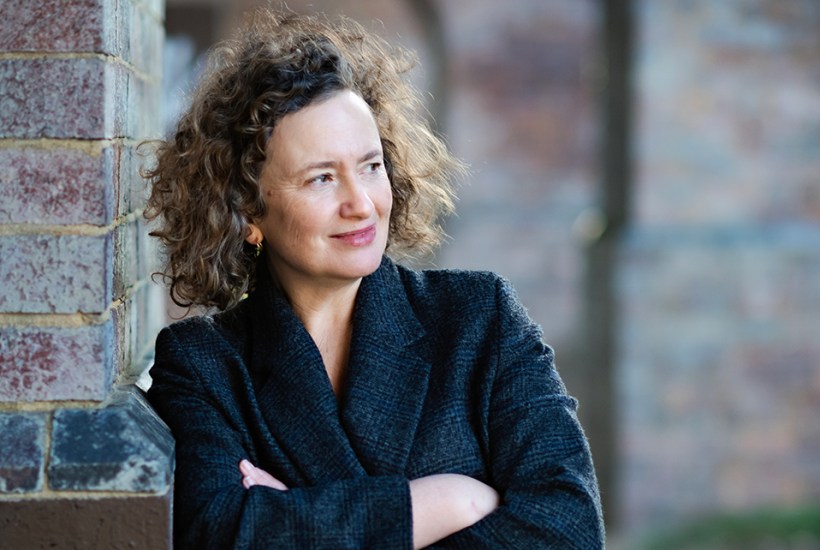A recent YouGov survey found that 60 per cent of Britons dream of being writers, compared with 31 per cent who dream of being film stars. Although the chances of success, or even subsistence, are equally remote in both professions, aspirant authors flock to the country’s ever-proliferating creative writing courses.
Miranda France’s splendid third book, blending fact and fiction, is set on one such course: a week-long residency in a rural retreat house, which bears more than a passing resemblance to the Arvon Foundation at which France has taught. The unnamed narrator, a Spanish translator and travel writer with two novels to her name, leads an eclectic group of 12 students, in tandem with Tom, a poet, who, having been likened to Ted Hughes, is doing his best to act the part.
On the second day, the tutor cites a passage from William Trevor’s short story ‘Widows’ as a model of economical description. France proceeds to match it in her pithy portraits of the students. Four stand out: Peter, a septuagenarian, who plans to write detective stories set in Roman Bath and has compiled a list of errors in France’s book on Spain; Sheena, a tax inspector, eager to chronicle her neighbour’s attempt to murder her with a ceremonial sword in a dispute over hedges; Lily, a quiet Chinese-American insurance broker with resounding talent; and Nick who, having taken a previous course, has also seen its potential as a fictional setting and produced a pornographic novel featuring relentless sex acts between two tutors and a visiting writer.
There are no such antics on the current course. Although one participant leaves, complaining that she isn’t having as much fun as she expected, the others mix happily and creatively. Both the formal and informal group sessions are sharply described, with close readings of extracts from Sylvia Plath and Lorna Sage, and reminders of Jane Austen’s 16-year wait to find a publisher for Pride and Prejudice, leavened by literary charades.
These sessions are interspersed with three writing exercises – A Sense of Place, Keeping a Diary, and Writing from Life – which the tutor purportedly sets her students, although the only one to complete them is France herself. As the line between author and narrator grows increasingly blurred, France writes with warmth and humour of her parents – farmers who held that ‘soft toilet paper, like ITV, was for weaker characters’ – and of her time at Roedean, which, while happy, was something of a letdown after the midnight feasts at Mallory Towers.
Recounting her elder brother Richard’s suicide during her schooldays, she introduces a darker note to the narrative. Her grief and confusion follow her into adulthood, but 30 years on, she gains both understanding and consolation when she discovers a poem dedicated to Richard by Adam Thorpe, his former classmate, and, shortly afterwards, is reacquainted with Richard’s close friend Crispin.
When asked to define literary fiction –in the somewhat incongruous setting of a lingerie shop – the narrator describes it as writing in which ‘the way a story is told is more important than the story itself’. The Writing School is an excellent example of the genre. It is literary in the narrow sense, with its concern for the craft of writing, about which it offers several practical tips. And it is literary in the broad sense, with its wry and witty ruminations on both art and life.
Got something to add? Join the discussion and comment below.
Get 10 issues for just $10
Subscribe to The Spectator Australia today for the next 10 magazine issues, plus full online access, for just $10.
You might disagree with half of it, but you’ll enjoy reading all of it. Try your first month for free, then just $2 a week for the remainder of your first year.








Comments
Don't miss out
Join the conversation with other Spectator Australia readers. Subscribe to leave a comment.
SUBSCRIBEAlready a subscriber? Log in